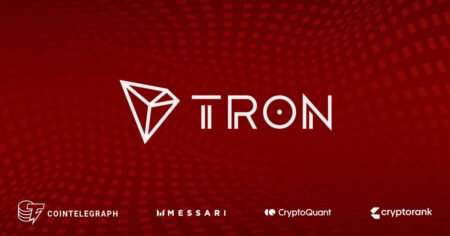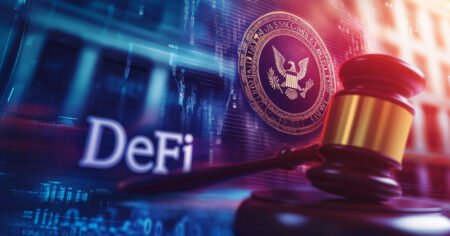Compound Finance, a popular DeFi protocol, recently came under fire for approving a proposal that allocates a significant portion of its treasury to a lesser-known yield-bearing protocol called goldCOMP Vault. This decision has led to a 5% drop in the value of the COMP token, prompting investors to withdraw their assets from the protocol. As a result, Compound Finance’s total value locked has decreased by over 2% in the past 24 hours, making it the largest drop among the top 20 DeFi protocols.
The controversial proposal, known as Proposal 289, was narrowly approved by the Compound Finance DAO on July 28. This proposal directs 5% of the treasury, equivalent to 499,000 COMP tokens valued at approximately $24 million, to the goldCOMP Vault. The proposal was put forward by a group called the “Golden Boys” led by Humpy, who had previously attempted to push through similar proposals that were rejected due to concerns about oversight and safeguards.
Despite the backlash from the community and experts, the approval of Proposal 289 marks a significant shift in Compound Finance’s governance, raising questions about the integrity of the decentralized decision-making process. Critics argue that the proposal undermines the principles of decentralized governance, which is meant to represent the collective interests of the community rather than serving the agenda of a select few influential entities.
One of the main criticisms of the proposal is the concentration of power in the hands of Humpy and the Golden Boys, who now control a substantial portion of COMP tokens and are able to influence governance decisions within Compound Finance. This has raised concerns about the potential for manipulation and conflicts of interest, especially given Humpy’s history of using similar tactics in other protocols such as Balancer and SushiSwap.
In response to the controversy, community members have expressed outrage over the lack of transparency and accountability in the decision-making process within Compound Finance. Many are calling for greater oversight and safeguards to prevent similar incidents from happening in the future. The incident has also sparked a broader discussion within the DeFi community about governance and the need for more decentralized and democratic systems.
As the fallout from the approval of Proposal 289 continues to unfold, it remains to be seen how Compound Finance will address the concerns raised by the community and whether it will take steps to restore trust and confidence in its governance processes. The incident serves as a cautionary tale for other DeFi protocols about the importance of transparency, accountability, and community participation in decision-making processes to ensure the sustainability and integrity of the ecosystem.

















